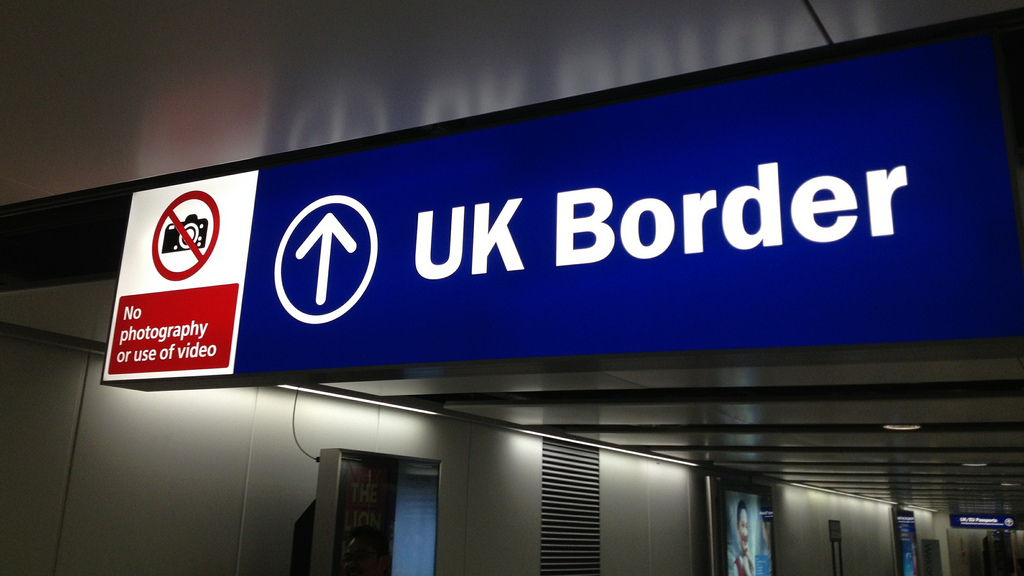Government’s message over free movement is deterring migrants in key sectors
Today’s official immigration statistics show a fall in net migration from the EU to 101,000, the lowest level since the year ending March 2013.

Today’s official immigration statistics show a fall in net migration from the EU to 101,000, the lowest level since the year ending March 2013. The figures show a fall in the last year of 14% in the number of migrants coming to the UK for employment, a change which indicates that the UK is becoming less attractive as a destination for migrant workers.
One indication that the UK is losing its appeal to migrant workers is the balance between those EU citizens who come to the UK with a definite job offer against those who come to look for work. The latest figures show a fall of 14% in the number of migrants coming to work in the UK in the year to December 2017. They also show that 72% came with a definite job offer, compared to 58% between June 2015 and June 2016, with a steady change in between. The growth in definite job offers is likely to reflect increased use by employers of agencies and other proactive measures initiated by difficulties recruiting workers – migrants and locals alike – from within the UK. Indeed, there are anecdotal reports of an increase in this kind of activity to entice EU migrants to the UK.
Why is such activity necessary? The fall in the value of sterling and hostility towards migrants are two factors but future uncertainty is likely to be an even bigger one The UK and the EU have agreed for free movement to continue to the end of December 2020 and migrants arriving during that period will have the right to settle. However, despite these reassurances, the Government has made it very clear that this is a temporary, transitional, arrangement. The recently published White Paper on the Future Relationship between the UK and the EU mentions ending free movement 8 times. It talks about attracting the ‘brightest and best’, about allowing mobility as part of trade in services and of ‘talented people’ and students. It makes no mention of migration of the type that has supplied the UK’s vital industries and services for many years in sectors like hospitality, social care and the food industry. Likewise, on Sunday’s Andrew Marr Show, Theresa May talked of ‘mobility’ rather than migration – linked to trade deals. Of wider EU migration she said emphatically: ‘We will be taking back control. They will no longer have the rights they currently have. Free movement will end’. That’s the message that potential EU migrants are hearing, and that explains the latest fall in EU net migration.
What will be the impact on the UK economy? As my colleague Amit Kara observed in a comment we released today, this will depend on the number of migrants, the type and the response of businesses to a smaller workforce. He estimated that UK GDP will be some 1.7 per cent lower in the long run if net migration drops by 100,000 each year and warned that “at the broadest level, lower migration reduces the productive capacity of the economy as well as demand for goods and services”. But, as Amit observed, not every sector will feel the same pain. Sectors depending either on relatively unskilled migrant workers (such as agriculture), or on highly trained immigrants (such as the healthcare sector), will be affected disproportionately.














